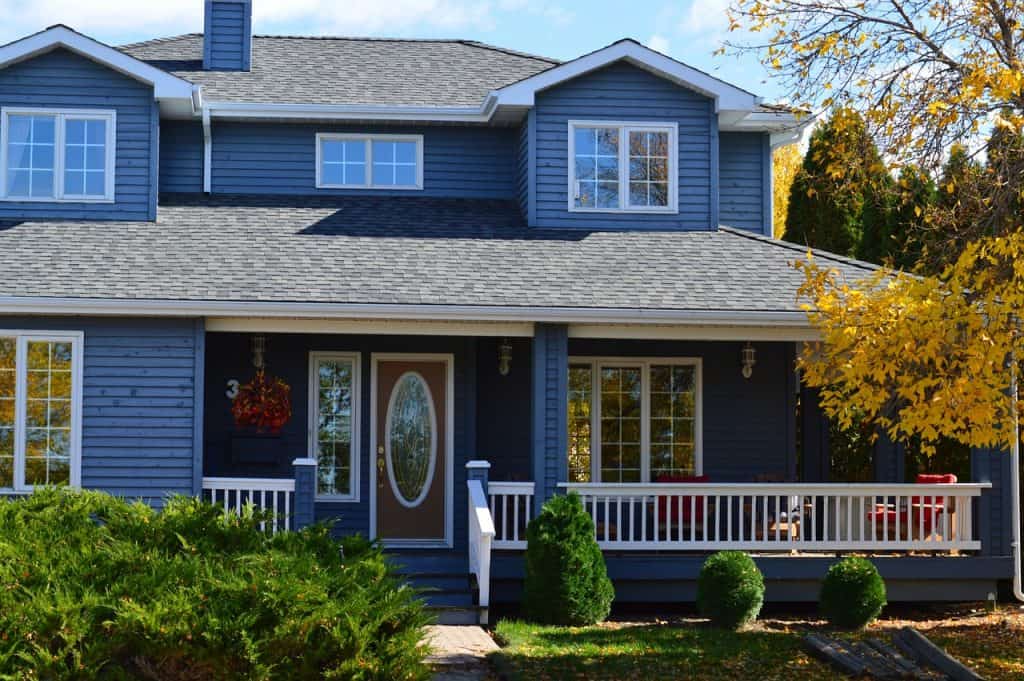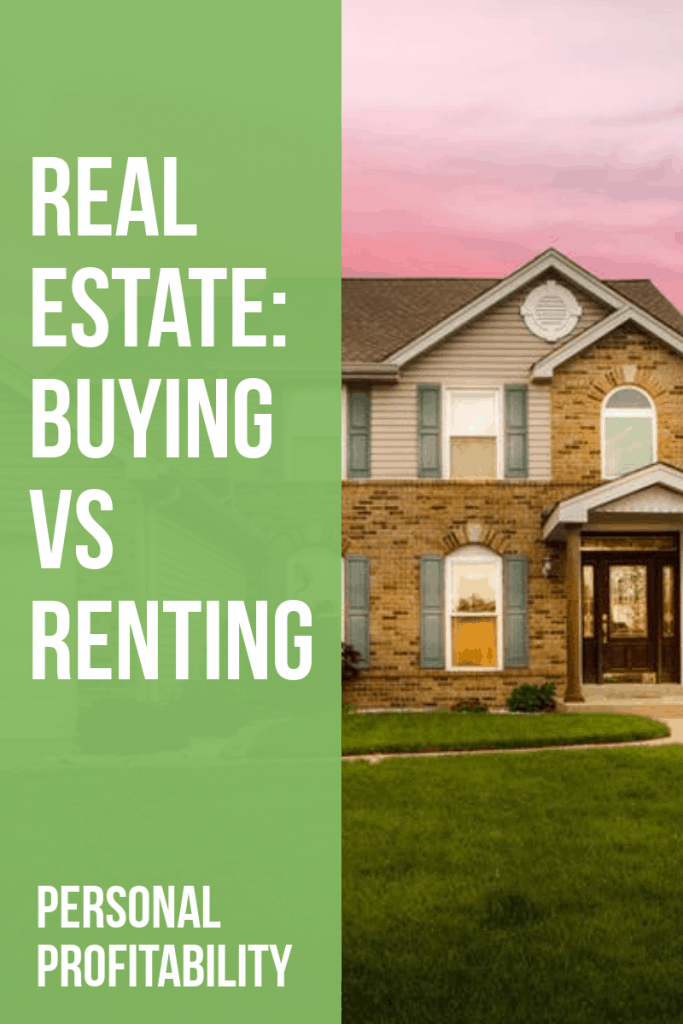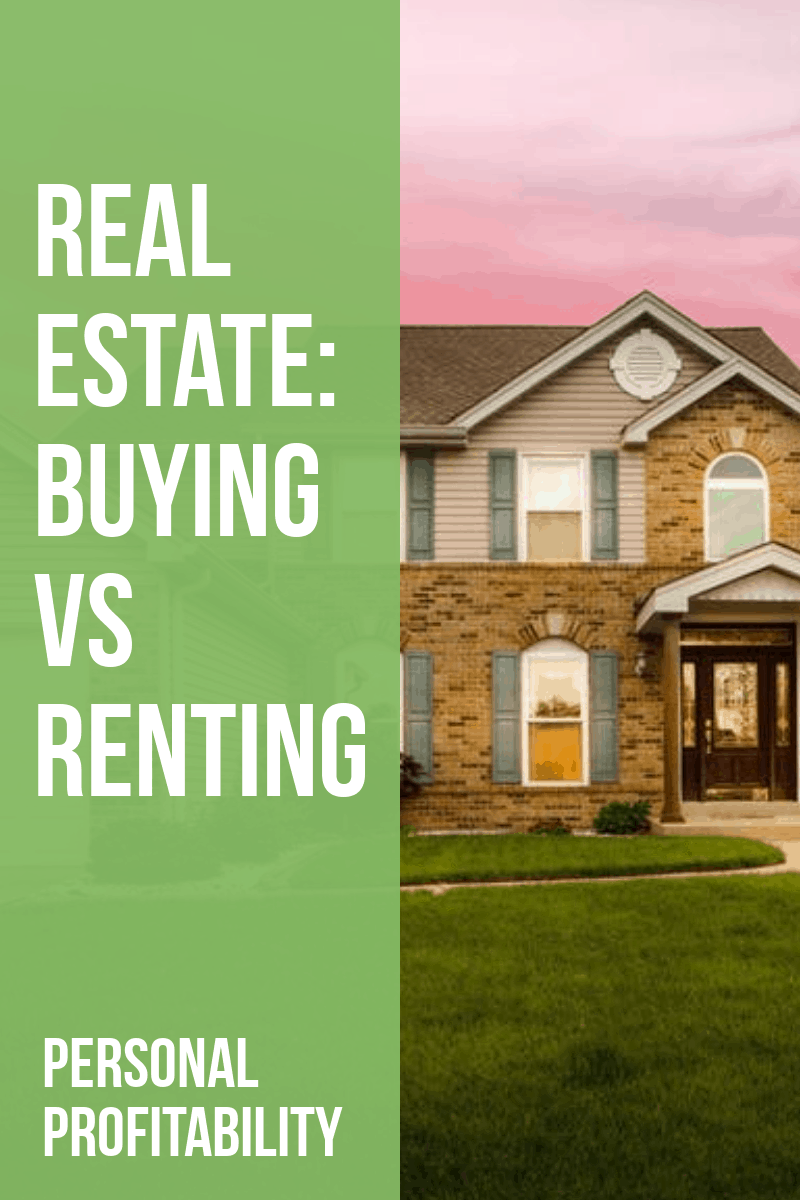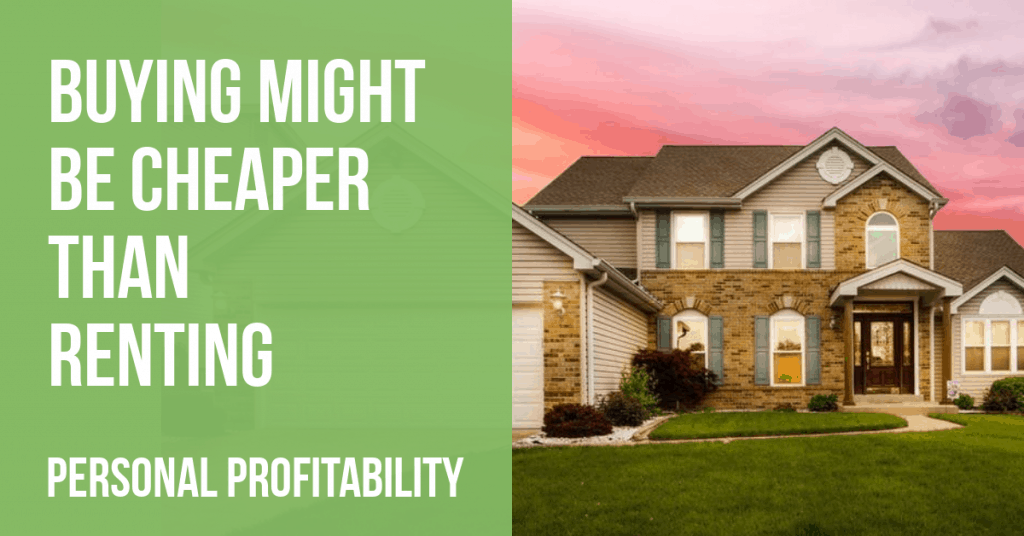I have a steal on rent. Right now I am paying $400 per month. I knew the landlord so he cut me a good deal. However, most people in this neighborhood pay more like $600-$800 per person per month. In a 4 bedroom house that is easily $2400-$3200 per month. Mortgage payments might be less than that.

People around the country are making similar discoveries. People are finding that buying a house or condo costs less per month than renting. It is important to note that this is on a cash flow basis only, buying is almost always a better decision in the long run for net worth and investing.
If you were wondering how this works, I am glad you are here. That is exactly what I was planning to tell you.
So, lets say you pick an average neighborhood in Denver, Colorado, my hometown. Lets say average rents are $600-$800, as described above. Now lets say you can buy a house for $200,000. At current rates, if you put 20% down, your monthly payment might be as low as $1,050 per month. If you live with a roommate at only $500 per month, you are making money.
Let’s look at this through another lens. If you live about 15 minutes down the road, you can find a great downtown apartment for $1200 per month. Condos in the same neighborhood start below $200,000. At the same rates, you can see the $200 cash flow savings per month.
If you are starting to think entrepreneurial, I am in a neighborhood near a campus with many renters. You can buy a $200,000 house with 4 bedrooms and charge $600 per room per month. After your mortgage payment, you are making $1200 per month in profit. Given there are other costs of owning the home, you get the idea of how this works.
Someone I know used that logic when he bought a house. He lived in it with three other roommates for a couple of years. They were each paying him $500 plus their share of utilities. Based on the price of nearby houses, he was not making a lot, but his rent was free. He has since moved out and rents the extra room for $500, ensuring a monthly profit of at least $500. At the end, he is also building equity in the house on the renter’s dime.
So, if you are looking to move sometime in the near future, it might be a good idea to look at buying too. You could save money, or make money, in the long run.
Is buying always better than renting?
Some people, such as Ramit at I Will Teach You to Be Rich, go on and on about how renting is the best way to go for most of us. Others say that renting is throwing money away. Few people, though, have a real tool to tell you which is best for you. Steadfast Finances stumbled upon a great tool from the New York Times that does just that.
I’m not saying it’s never better to rent than buy, nor am I saying it’s better to always buy than rent. I’m saying you need to do the research and you should understand that multiple variables are going to come into play. Such as:
- Length of time you’ll be in the home.
Total cost of home- Monthly mortgage payment vs. monthly rent payment.
True cost of home ownership (taxes, insurance, maintenance, etc.) vs. maintenance free living as a renter.- Percent decline of home from real estate bubble prices (not a factor in
non bubble
Follow his advice and make your way to the New York Times the next time you are looking at renewing your lease or if you are on the verge of a home purchase.
Interested in using your IRA to invest in real estate? Check out Rocketdollar!

This post was originally published on July 31, 2009 and updated on June 20, 2019.


